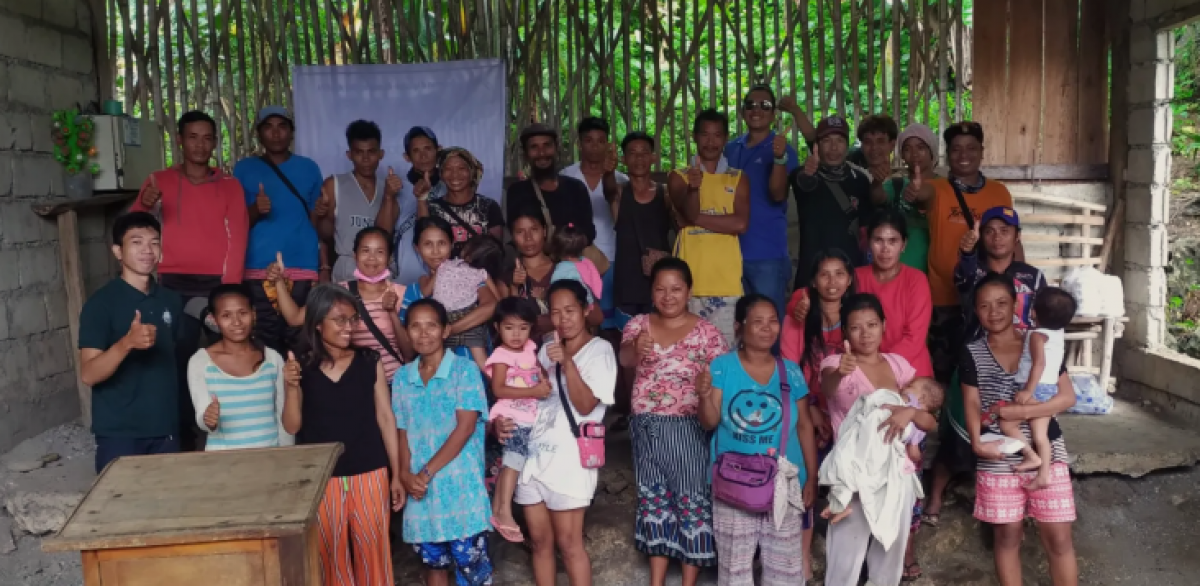
MAGSAYSAY, Occidental Mindoro – To maximize rice production and reiterate proper cultural practices in upland rice farming, the Department of Agriculture Special Area for Agricultural Development (DA-SAAD) together with the Municipal Agriculture Office (MAO) of Magsaysay conducted an upland rice production training for 30 Indigenous Ratagnon-Mangyan farmers in Sitio Bamban, Brgy. Alibog.
MAO Senior Agriculturist Florence C. Limos spearheaded the interactive training which covered cultural management of upland rice production. It includes land preparation, fertilizer application, pest management, harvest, and post-harvest practices. Participants are members of the Talayob Mangyan Farmers Association.
Limos discussed the farmers’ method of land preparation which involves kaingin or slash and burn agriculture– a process where wild or forested land is clear cut and any remaining vegetation is burned.
The resulting layer of ash provides the newly-cleared land with a nutrient-rich layer to help fertilize crops. However, this method may result in significant soil erosion and increase the risks of landslides in the area, as without trees, vegetation and root systems, soil is washed away during heavy rains, while blown during the dry season.
Limos reminds the farmers to replace cleared trees by planting new ones to prevent the negative effects of kaingin farming and to take care of the forest as it provides livelihood for the farmers.
In addition, Limos also gave advice on how the farmers can maximize their harvest by practicing proper spacing of crops, proper selection of planting materials, thorough land cultivation for proper aeration, use of organic fertilizer, and use of rat baiting to control severe infestation.
Talayob Mangyan Farmers Association members became SAAD livelihood recipients of the Upland Rice Production Project FY 2020-2021, benefiting from inputs such as traditional rice seeds, two-wheel tractor, collapsible dryer, hermetic storage cocoon, carabao, and farm implements worth P1,019,500.00.
Currently, the group has a standing crop of traditional rice in an estimated area of 30 hectares expected to be harvested in October. The group was able to produce 1,500 cavans of rice last planting season used for food consumption.
SAAD Program works hand-in-hand with its partners such as the MAO not only to provide specialized training for its beneficiaries in line with their livelihood project to improve their farming practices and thereby increasing food production, but to make sure that farmers practice good farming methods to care for the environment as well. (DA-SAAD)



